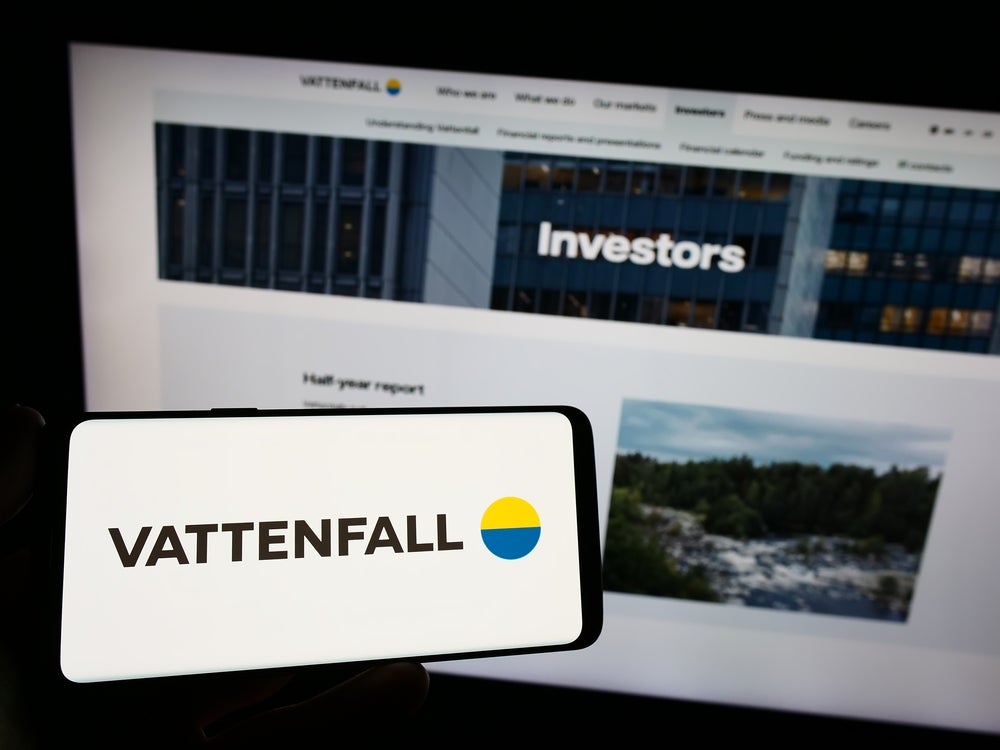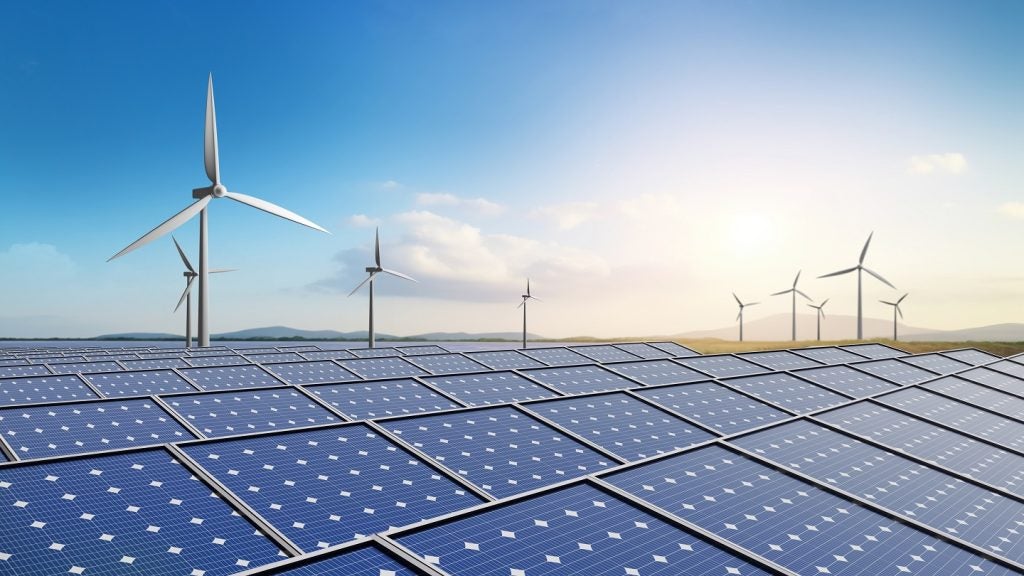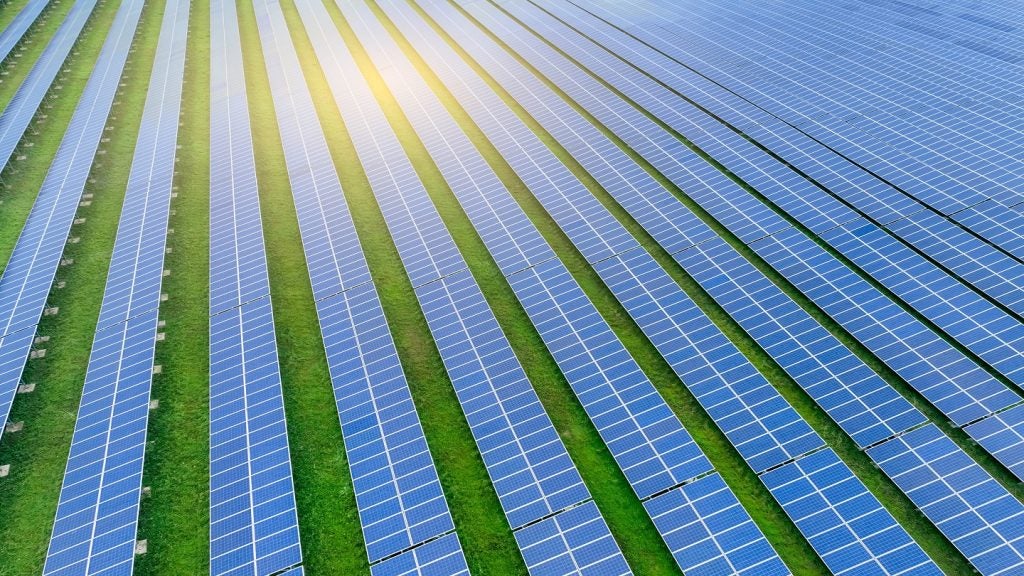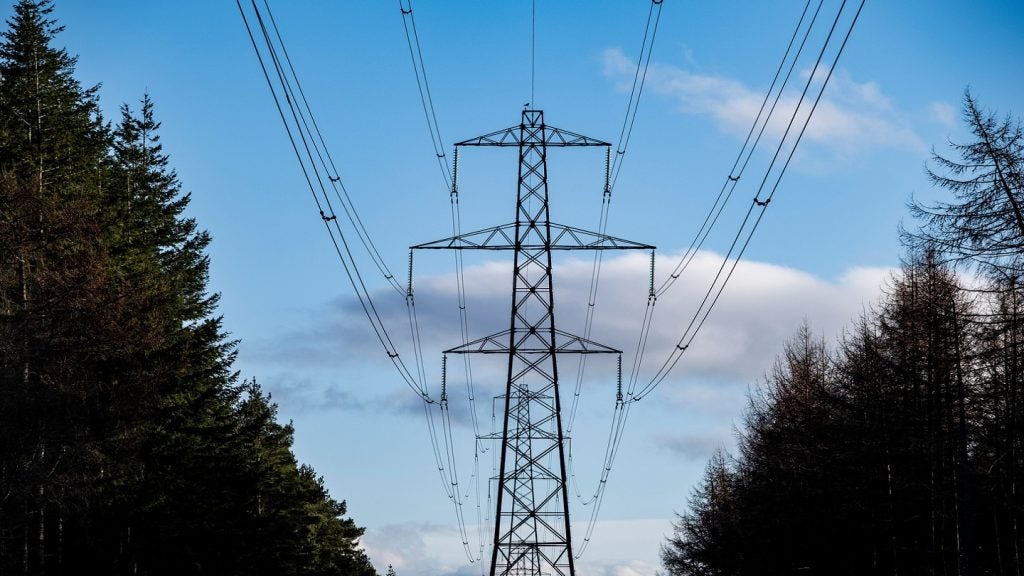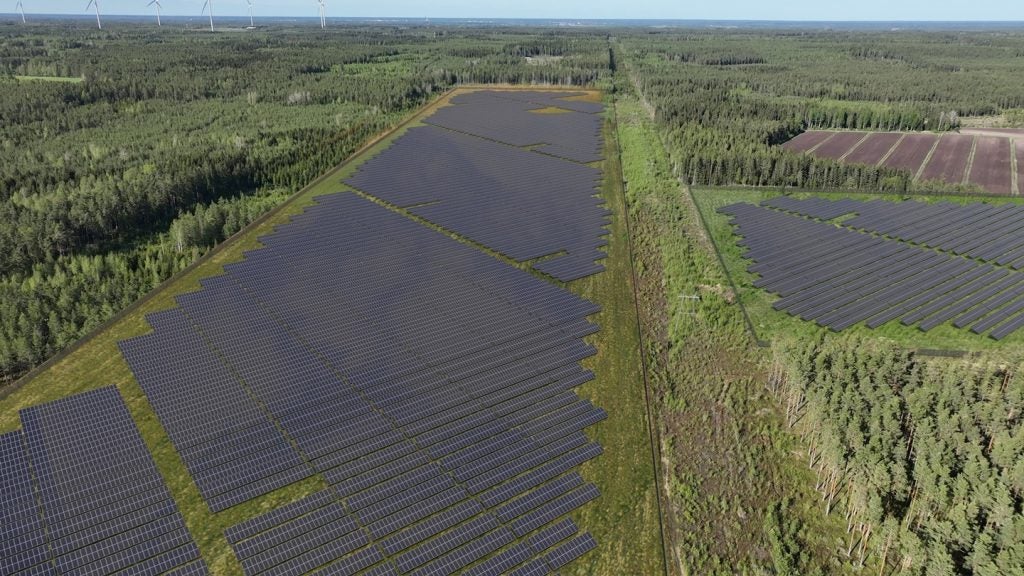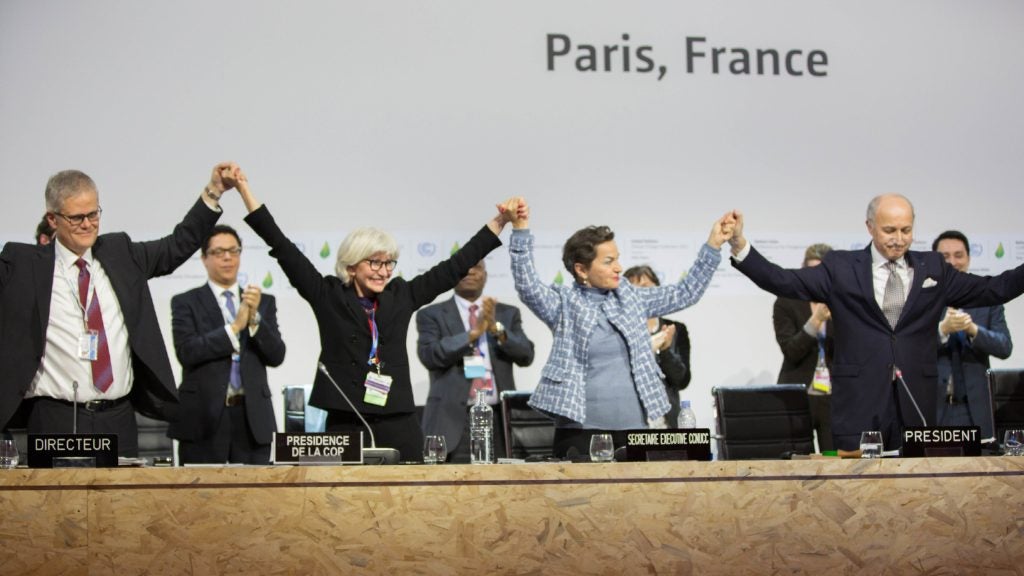Sweden’s largest electricity provider Vattenfall has announced a partnership with Industrikraft, a group of large industrial companies in Sweden, for the development of clean energy supply in the country to help meet growing energy demands.
Growing efforts to decarbonise, and therefore electrify Sweden’s industrial sectors, have increased the country's electricity demand.
Companies included in the Industrikraft group include Alfa Laval, miner Boliden, SKF, Stora Enso and the car-making giant Volvo Group.
According to Tuesday’s announcement, all the companies will work together to secure joint investments in new electricity production and discuss issues relating to co-investment frameworks, the identification of projects, and the assessment of feasibility in terms of permits, grid connections and profitability.
Additional investment in electricity production is essential for the electrification of Swedish industry and for securing a balance between new industrial demand and new electricity supply.
Vattenfall CEO Anna Borg commented on the partnership: “Sufficient new electricity generation to ensure the competitiveness of Swedish companies has long been high on the agenda in our dialogue with industry.
"Vattenfall brings expertise about the energy market, the electricity system and the various types of power. Together, we can create the conditions for a healthy long-term investment climate.”
Annual power demand in Sweden, according to Reuters, is expected to double from 140-150TWh to 300TWh in 2045 as the country transitions into the next phase of industrial development.
Development in fossil-free electricity generation, including nuclear, wind and solar technologies, will require significant investment to reach expected demand.
The country is planning for up to 12 new nuclear reactors to be commissioned by 2045, costing $39bn to build.
Vattenfall announced last week that it supports the report published by the Swedish Government highlighting a ‘risk-sharing model’ for new nuclear power in the country.
“New nuclear power, like other key infrastructure projects, has major socio-economic benefits for Sweden, but it will be difficult for an individual company to sustain itself,” said government investigator Mats Dillén this month.
He added: “It is important that Sweden, as well as other countries investing in nuclear power, now clarifies this connection.”
Developments in Sweden’s offshore wind are currently being paused due to a lack of clarity over the necessary grid connections.


